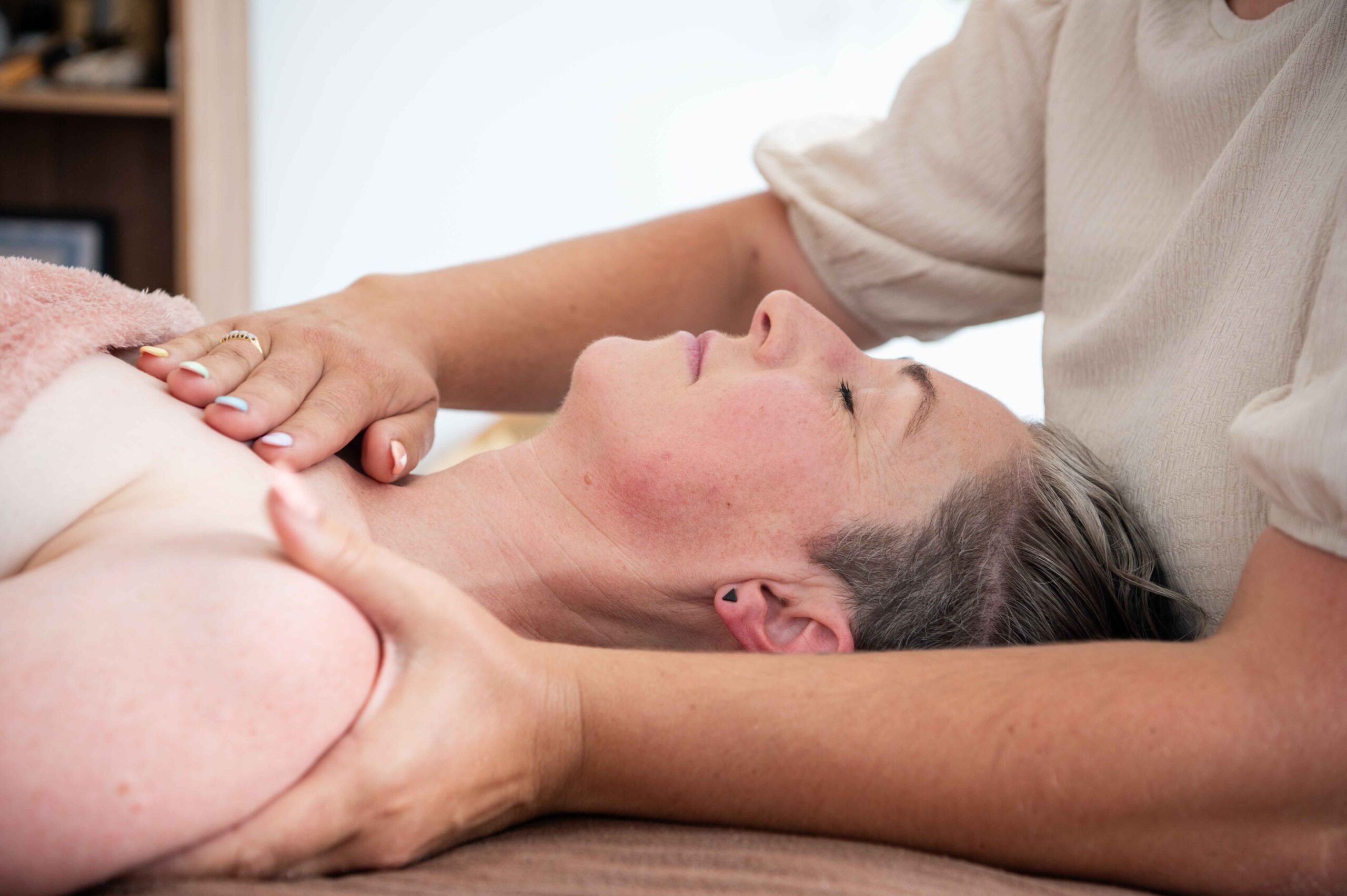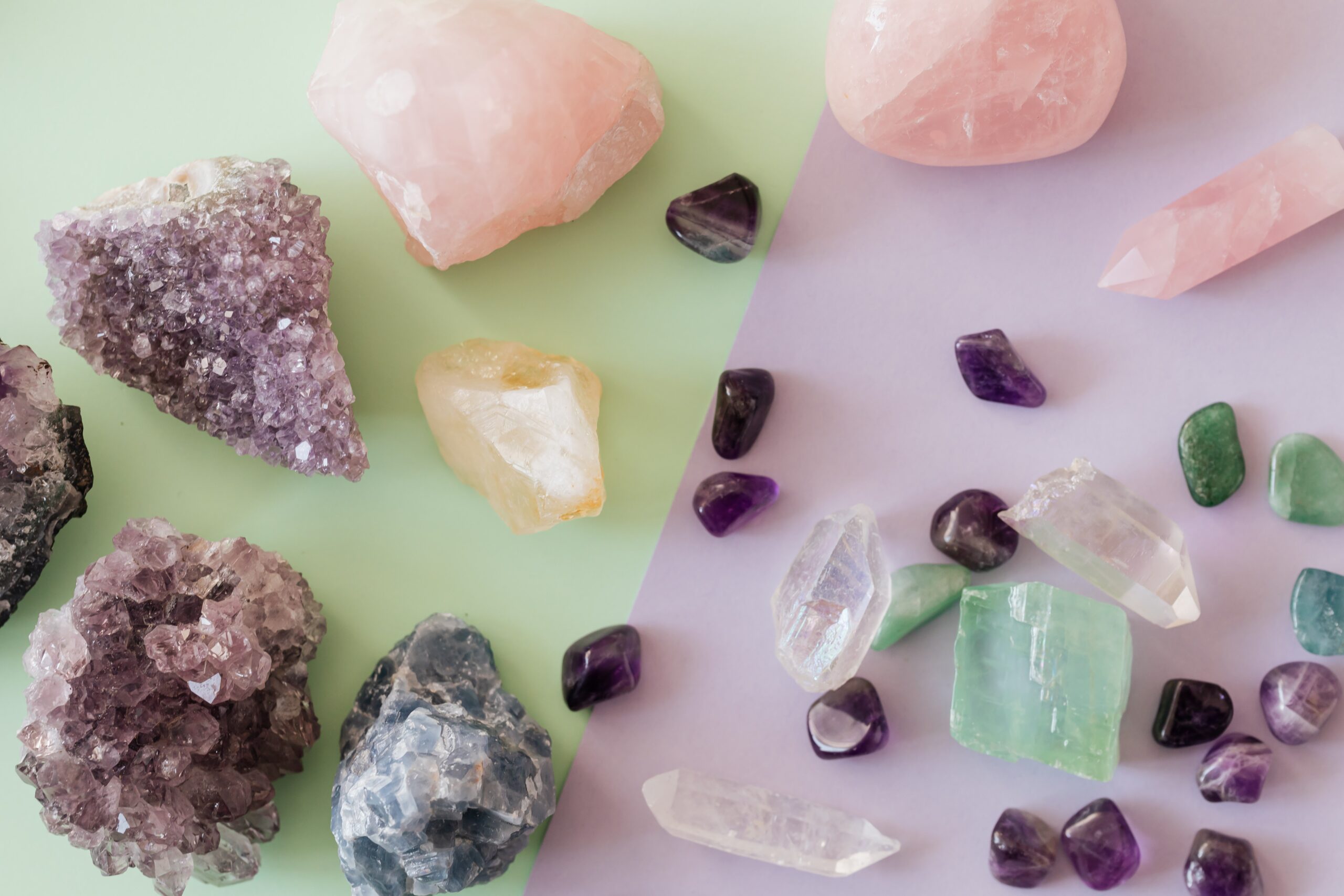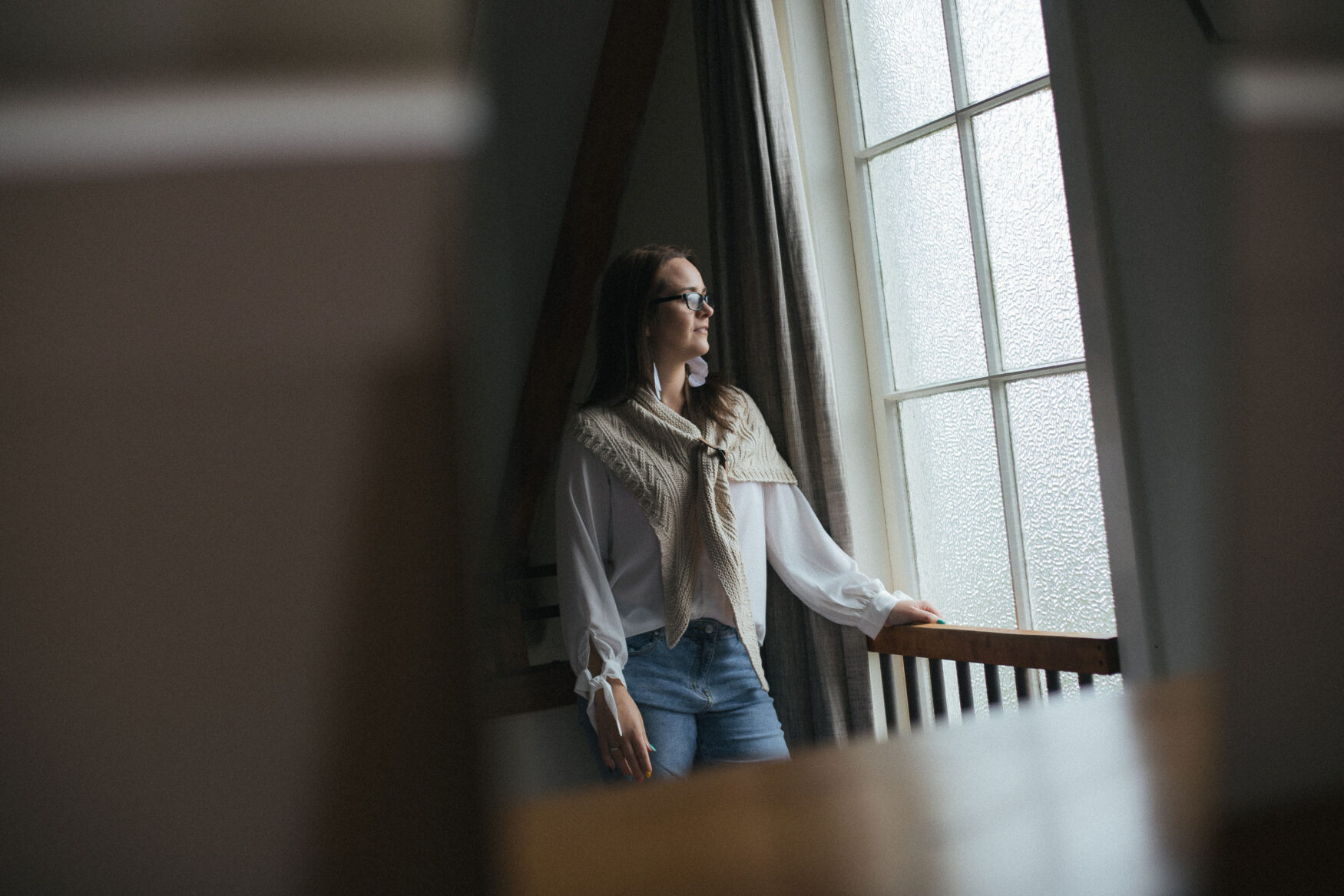Upside the head
Concussion and other spanners in the works…
There’s nothing like an out of the blue family situation to put things into perspective. A few months ago, you might have seen my live FB broadcast where I talked about a rough week. I lost a close family member unexpectedly and my husband Dan managed to whack his head on the kitchen cupboard. Concussion was the result. Until you’ve suffered it or witnessed someone suffering it it’s hard to fathom what it can do.
Brains. Those amazing pump houses that run our bodies and are responsible for every little action we make – consciously and unconsciously are just so precious. It’s as delicate as soft butter. Any quick movement or force can cause cognitive damage. And it’s incredibly easy to do. So easy that Dan didn’t actually realise it had happened. He had felt ill one night and then really tired, took himself to bed and woke up ill the following morning. 2 weeks later we understood what had happened. Head meets cupboard = concussion. He actually lost memory that he hit his head in the first place!
TBI – one of the lesser levels of damage to the brain after a brief period of loss of consciousness can become an issue in a number of ways. It can have a longer tail of consequences, sometimes those who have had it are unaware of his or her altered function, some don’t realise it and may miss out on being in the health system acquiring adequate care and observation. There’s a handful of stuff that can indicate concussion including this list from Southern Cross NZ:
- Feeling stunned or dazed.
- Confusion, e.g. a delay in answering questions.
- Headache
- Nausea
- Ringing in the ears
- emotional outbursts – temper
- Dizziness
- Tiredness
- Vision Disturbances (double or blurred vision – seeing stars)
Treating it is basically about rest, not driving, not drinking, avoiding stressful situations, physio, counselling and a raft of other stuff. And not necessarily one that works well with being a working parent and partner of someone who has just lost a loved one. Oh boy. Not a fun affliction to have. And not even one you can say ‘hey look at my enormous bruise!’ or ‘check out my dangling limb’ or ‘incredible scar’. It’s invisible and it’s debilitating and disruptive -especially to a family unit relying on two earning, driving and overseeing parents. No siree.
So… I set about working on a number of things I could do to alleviate the stress and the recuperation process. Mother N definitely came through. Or at least I went to her and found a bunch of things that could help me; Dan and the fam pull through.
I had to go deep into the natural oil world and pull on the resources available to me. And I’ve got to say it was a revelation and a relief. Although we are not out of the woods, and this is not a quick process, this has been a way I can help.
Sesquiterpene Oils. (Say that fast three times). In a nutshell they are essential oils rich in anti-inflammatory properties. They assist in cellular repair, neurological health, protection from tumour growth and unwanted cellular growth.
They are deep and resinous and carry up to 23% more oxygen through the blood brain barrier because they are oil rich. They get into the brain and aid with healing faster so I concentrated on a few to make a special ‘brain oxygen blend’. I focused on Cedarwood Virginian & Myrrh for their high sesquiterpene % with Lavender & vetiver for stress/ tension. Other high sesquiterpene oils I will play with are Patchouli, ginger, and German chamomile.
The overall concoction above brings together four strong ingredients that are so potent that they get into the brain more quickly, delivering results earlier and when made with love, I think, even faster. We used this mixture in combination with Reiki sessions which allowed a space for resting and receiving of both essential oils and energy.
During this time, I was studying and learning about the brain specifically! Learning that the neurons in the brain once damaged in fact cannot replace themselves, and the brain must rewire around in new ways. I think this is important to remember because concussion patients need to then settle into a ‘new norm’, and move forward in a different way than before instead of trying to get back to ‘the way they used to be’. No one tells you this mind you – but after talking to another concussion patient, I found that this was the best mind set to have to recover in a way for a new and better life post-concussion.
I guess we can’t underestimate how much we can draw from our own experiences. This has taught me to use what I know, draw from my inner strength and it’s a wonderful thing to be able to ‘help’ amidst a time when it’s easy to feel a bit helpless. But working towards a healthy outcome and taking a considered journey to do so… that’s my jam! Although this concoction is not going to be in my shop as such, I’m so glad I’ve been able to put my acquired knowledge to good use for someone I love. I did help myself to a lot of ‘My Blend’ during this time. I was definitely happy I’d already developed that one for me. I needed it during this time for sure.
Concussion is a common thing, once it happens to you and you start talking to people about it you find SO many people are currently suffering or has suffered with it in silence. From children and partners playing sport or fossicking in the kitchen, it’s definitely something that can happen, and it can become quite disruptive and challenging. Do you know someone who has a concussion? Or has had one? Hopefully this will give you a little insight into how they are affected and know that just because we cannot see the damage, a brain injury is serious and anyone suffering needs extra care and patience for the best recovery.
Much love. Hayley. xxx
Post a Comment
You must be logged in to post a comment.





